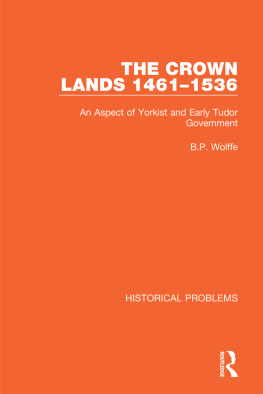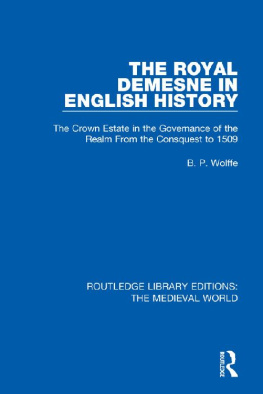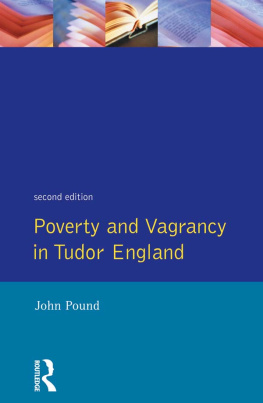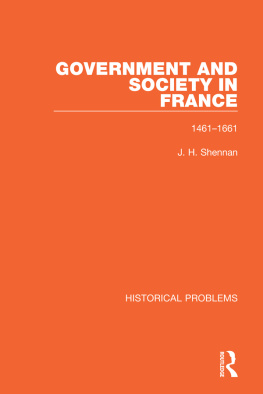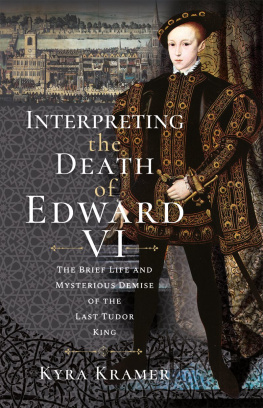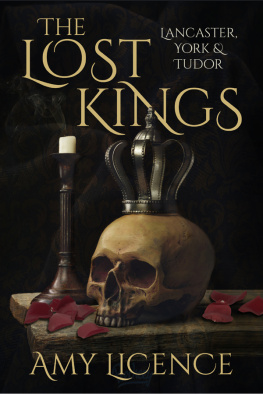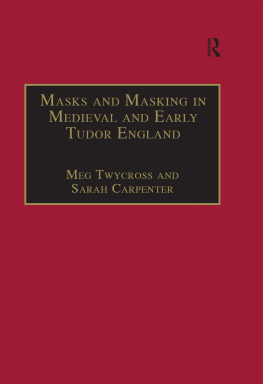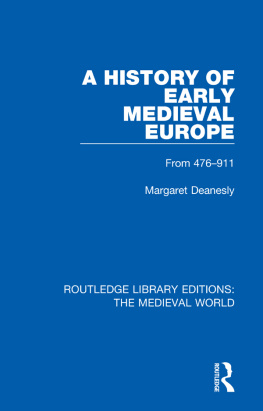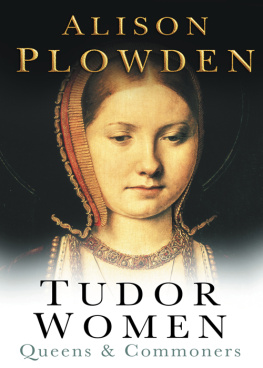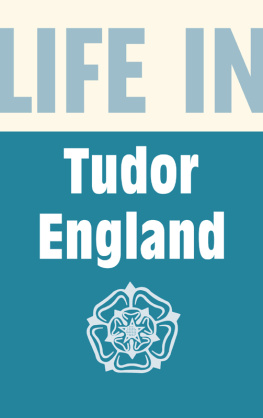B.P. Wolffe - The Crown Lands 1461-1536: An Aspect of Yorkist and Early Tudor Government
Here you can read online B.P. Wolffe - The Crown Lands 1461-1536: An Aspect of Yorkist and Early Tudor Government full text of the book (entire story) in english for free. Download pdf and epub, get meaning, cover and reviews about this ebook. City: London, year: 2021, publisher: Routledge, genre: History. Description of the work, (preface) as well as reviews are available. Best literature library LitArk.com created for fans of good reading and offers a wide selection of genres:
Romance novel
Science fiction
Adventure
Detective
Science
History
Home and family
Prose
Art
Politics
Computer
Non-fiction
Religion
Business
Children
Humor
Choose a favorite category and find really read worthwhile books. Enjoy immersion in the world of imagination, feel the emotions of the characters or learn something new for yourself, make an fascinating discovery.
The Crown Lands 1461-1536: An Aspect of Yorkist and Early Tudor Government: summary, description and annotation
We offer to read an annotation, description, summary or preface (depends on what the author of the book "The Crown Lands 1461-1536: An Aspect of Yorkist and Early Tudor Government" wrote himself). If you haven't found the necessary information about the book — write in the comments, we will try to find it.
Originally published in 1970, this volume examines the history of the Yorkist and early Tudor royal landed estate, conducted in the light of its role in earlier medieval history and especially in Lancastrian government. It provides material with which to understand the nature and origins of the changes that took place in the late 15th and early 16th centuries in Tudor chamber finance. Many of the documents had not been previously published when this book first appeared. The book also questions fundamental assumptions in the wider field of English constitutional history, for example, that the revenues of medieval kings of England were divided into ordinary and extra-ordinary and that they were expected to live of their own on their ordinary revenues.
B.P. Wolffe: author's other books
Who wrote The Crown Lands 1461-1536: An Aspect of Yorkist and Early Tudor Government? Find out the surname, the name of the author of the book and a list of all author's works by series.

